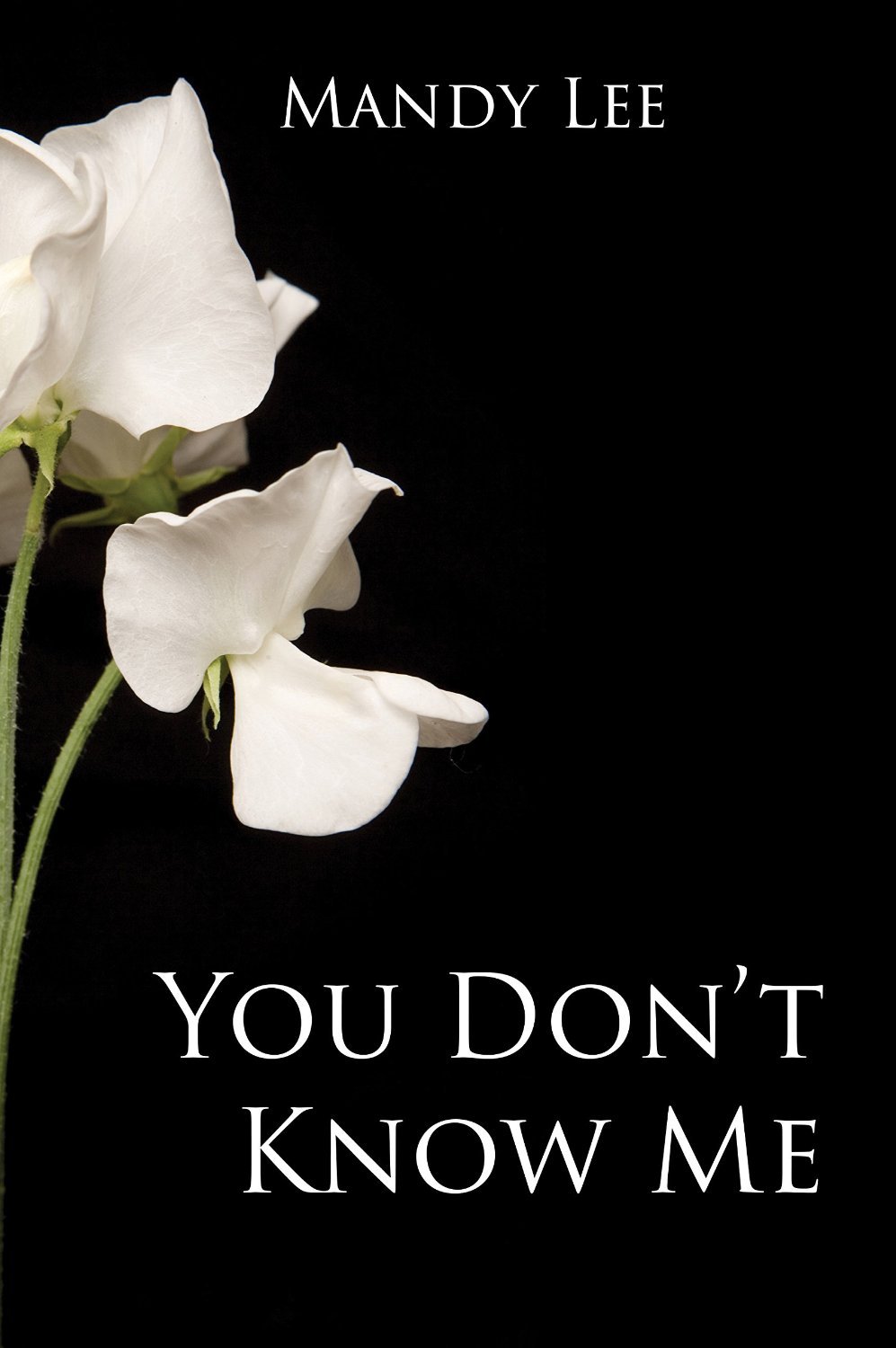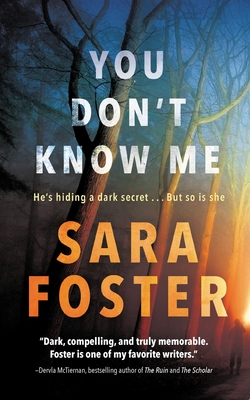Introduction
In the realm of storytelling, a well-executed ending can leave an indelible mark on the reader’s or viewer’s mind. One such technique that has gained significant attention is the “You Don’t Know Me” ending. This unconventional narrative twist has the power to surprise, shock, and transform the entire story’s meaning. In this article, we embark on a journey to unravel the layers of the “You Don’t Know Me” ending, analyzing its impact, significance, and the artistry behind its execution.
You Don’t Know Me Ending: Unmasking the Intrigue
Subheading 1: The Essence of the Unforeseen
The “You Don’t Know Me” ending is a literary device that challenges the audience’s assumptions and preconceived notions. It is a brilliant plot twist that reframes the narrative’s context, often revealing a hidden dimension of a character or situation. This technique plays with the reader’s expectations, leaving them awestruck by the revelation.
Subheading 2: Crafting an Unconventional Climax
Crafting a “You Don’t Know Me” ending requires finesse and precision. Writers employ strategic foreshadowing and misdirection throughout the story, skillfully diverting the audience’s attention from the impending revelation. This careful manipulation of narrative elements creates a sense of urgency and curiosity, culminating in a climax that reshapes the entire story’s landscape.
Subheading 3: Shaping Emotional Resonance
A successful “You Don’t Know Me” ending resonates emotionally with the audience. The revelation often strikes a chord, invoking feelings of empathy, shock, or catharsis. By challenging assumptions and stereotypes, this technique opens a window to explore complex human emotions and relationships.

LSI Keyword: Unexpected Plot Twists
Subheading 4: The Evolution of Plot Twists
The concept of plot twists has evolved over time, with the “You Don’t Know Me” ending standing as a pinnacle of surprise. From ancient Greek tragedies to modern psychological thrillers, storytellers have harnessed the power of unexpected turns to engage and captivate their audiences.
Subheading 5: Mastering the Art of Misdirection
Misdirection is the cornerstone of a successful “You Don’t Know Me” ending. By skillfully diverting attention away from the impending revelation, writers create a suspenseful atmosphere that keeps readers or viewers at the edge of their seats.
Subheading 6: The Haunting Aftermath
The aftermath of a “You Don’t Know Me” ending reverberates long after the story concludes. Audiences are left contemplating the layers of meaning and reevaluating their initial perceptions. This lingering impact showcases the enduring strength of a well-executed narrative twist.
The Unpredictable Allure
Subheading 7: Pioneering Works of Surprise
Literary classics like Charles Dickens’ “Great Expectations” and films like “The Sixth Sense” have immortalized the allure of the “You Don’t Know Me” ending. These iconic examples have set the standard for delivering unexpected revelations that redefine the narrative’s course.
Subheading 8: The Role of Perspective
The “You Don’t Know Me” ending often hinges on a shift in perspective. By altering the lens through which the story is perceived, this technique invites audiences to question their assumptions and consider alternative interpretations.
Subheading 9: Fostering Audience Engagement
The unpredictability of a “You Don’t Know Me” ending enhances audience engagement. Readers or viewers become active participants, piecing together clues and hints, fostering a deeper connection with the narrative.
LSI Keyword: Narrative Depth
Subheading 10: Elevating Narrative Depth
The “You Don’t Know Me” ending elevates a story’s narrative depth by plunging into uncharted waters. It delves into the unexplored facets of characters’ personalities and motivations, enriching the overall storytelling experience.
Subheading 11: Subverting Conventions
Conventional storytelling often relies on familiar patterns and archetypes. The “You Don’t Know Me” ending subverts these norms, challenging the status quo and offering a refreshing take on narrative structure.
Subheading 12: The Eureka Moment
Experiencing a “You Don’t Know Me” ending is akin to a eureka moment. As the truth unfolds, readers or viewers experience a surge of realization, connecting the dots and unveiling the intricacies woven into the narrative.
Peering into the Artistry
Subheading 13: The Craft of Foreshadowing
Foreshadowing is a masterful tool employed in crafting a compelling “You Don’t Know Me” ending. Through subtle hints and clues, writers lay the groundwork for the eventual revelation, creating a satisfying “aha” moment.
Subheading 14: The Psychology of Surprise
The psychology behind the “You Don’t Know Me” ending is rooted in cognitive dissonance. Audiences are confronted with a stark contrast between their expectations and the unveiled truth, leading to a cognitive shift and heightened emotional response.
Subheading 15: From Subtext to Text
The transition from subtext to text is a pivotal juncture in a “You Don’t Know Me” ending. Writers adeptly transform implicit cues and underlying themes into overt revelations, reshaping the narrative’s trajectory.
LSI Keyword: Cognitive Shift
Subheading 16: Navigating Cognitive Shifts
A “You Don’t Know Me” ending triggers a cognitive shift, challenging preconceived notions and prompting a reevaluation of the entire story. This transformative experience underscores the power of storytelling.
Subheading 17: Uniting Heart and Mind
The fusion of emotional resonance and intellectual stimulation is a hallmark of the “You Don’t Know Me” ending. This narrative technique strikes a delicate balance, appealing to both the heart and mind of the audience.
Subheading 18: Rewriting Interpretations
The malleability of interpretation is a testament to the versatility of the “You Don’t Know Me” ending. Each reader or viewer may walk away with a unique understanding, fostering discussions and interpretations that enrich the narrative’s legacy.
LSI Keyword: Narrative Interpretation
Subheading 19: Breaking Stereotypes
The “You Don’t Know Me” ending serves as a potent tool for breaking stereotypes. By revealing hidden layers of characters or situations, this technique challenges preconceived notions and encourages a more nuanced perspective.
Subheading 20: The Echoing Impact
The impact of a “You Don’t Know Me” ending extends beyond the confines of the story. Its reverberations prompt introspection and critical thinking, inviting individuals to question their own assumptions and biases.
Subheading 21: Unlocking Empathy
Empathy is a natural byproduct of a well-executed “You Don’t Know Me” ending. As audiences connect with the unveiled truth, they gain insights into the characters’ struggles, fostering a deeper understanding of the human experience.
Frequently Asked Questions (FAQs)
Q: How does the “You Don’t Know Me” ending differ from traditional plot twists?
A: While traditional plot twists often rely on unexpected events or actions, the “You Don’t Know Me” ending centers on a revelation that reshapes the audience’s understanding of characters or situations.
Q: Can any story benefit from a “You Don’t Know Me” ending?
A: Incorporating a “You Don’t Know Me” ending requires careful consideration of the narrative’s themes and characters. When executed thoughtfully, it can add layers of complexity and intrigue to a wide range of genres.
Q: Are there instances where a “You Don’t Know Me” ending might feel forced?
A: Yes, forcing a “You Don’t Know Me” ending without proper setup and foreshadowing can result in a jarring and unsatisfying conclusion. Organic integration into the narrative is key.
Q: What emotional impact does a “You Don’t Know Me” ending create?
A: A well-crafted “You Don’t Know Me” ending can evoke a range of emotions, including shock, empathy, and catharsis. It challenges the audience’s perceptions, leading to a profound and lasting impact.
Q: Can a “You Don’t Know Me” ending enhance audience engagement?
A: Absolutely. The unpredictability of this ending fosters active audience participation, as readers or viewers eagerly attempt to decipher the clues and anticipate the revelation.
Q: Are there cultural considerations when using a “You Don’t Know Me” ending?
A: Yes, cultural nuances and sensitivities should be taken into account. A “You Don’t Know Me” ending should resonate with the intended audience while respecting their cultural context.
Conclusion: Embracing the Unforeseen
In the realm of storytelling, the “You Don’t Know Me” ending stands as a testament to the boundless creativity of writers and filmmakers. This narrative technique transcends genres and mediums, leaving an indelible mark on those who experience it. By challenging assumptions, revealing hidden truths, and fostering empathy, the “You Don’t Know Me” ending opens doors to new realms of narrative possibility. So, the next time you embark on a literary or cinematic journey, remember that the most captivating destinations are often the ones you don’t see coming.


